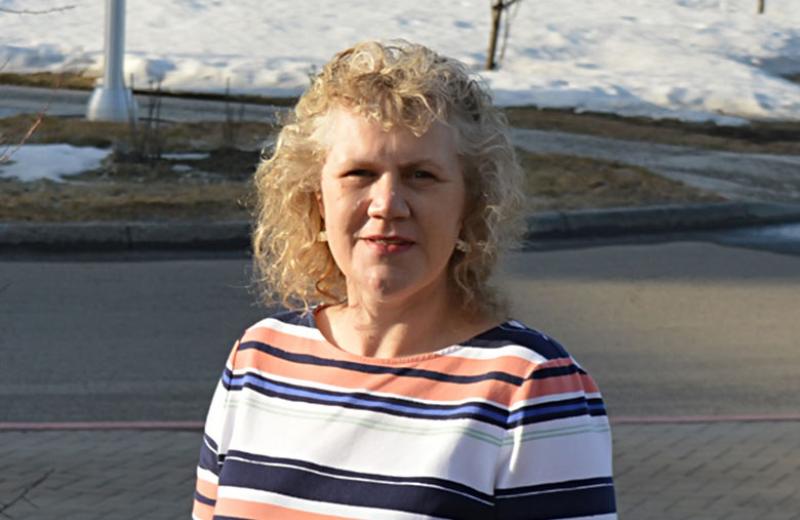You’ve arrived at the medical clinic for an appointment. Staff are helping other patients. You’re not sure what their role is on the health care team. Someone calls your name; you’re led into a room and told someone will be in to see you shortly.
A few minutes later, in walks someone, who says, “Hi, I’m the nurse practitioner. How can I help you?”
Who are nurse practitioners and what do they do?
The BC College of Nursing Professionals defines them as “registered nurses with experience and advanced nursing education at the master’s level, which enables them to autonomously diagnose, treat, and manage acute and chronic physical and mental illness. As advanced practice nurses, they use in-depth nursing and clinical knowledge to analyze, synthesize, and apply evidence to make decisions about their clients’ healthcare.”
This advanced level of education gives nurse practitioners the skills and knowledge to give you a wide range of health services, including:
- Doing complete physical and mental health exams
- Ordering blood work and diagnostic imaging (e.g., x-rays, ultrasounds), and interpreting the results
- Diagnosing and treating physical and psychological diseases and conditions
- Prescribing and monitoring medications and treatments
- Referring patients to a specialist or to other health care professionals
At Northern Health, we have 35 nurse practitioners (NPs) providing care in 26 communities across the region.
“NPs provide care for patients in a number of different settings. This includes primary health care clinics, First Nations health centres, family practice offices, and more,” says Helen Bourque, Northern Health Nurse Practitioner Lead. “They provide clinical care, but they’re also committed to education, research, and leadership. As a member of the health care team, they work with many people in a variety of ways. They also help prevent illness or disease by providing health education and counselling to patients.”
NPs are a valuable part of the health care team, and they can treat patients with a variety of concerns. The next time a member of your health care team introduces themselves as a nurse practitioner, you’ll have a better understanding of their role and how they can help you.
For more information on Nurse Practitioners, visit the Northern Health, British Columbia College of Nursing Professionals or British Columbia Nurse Practitioner Association websites.














Comments